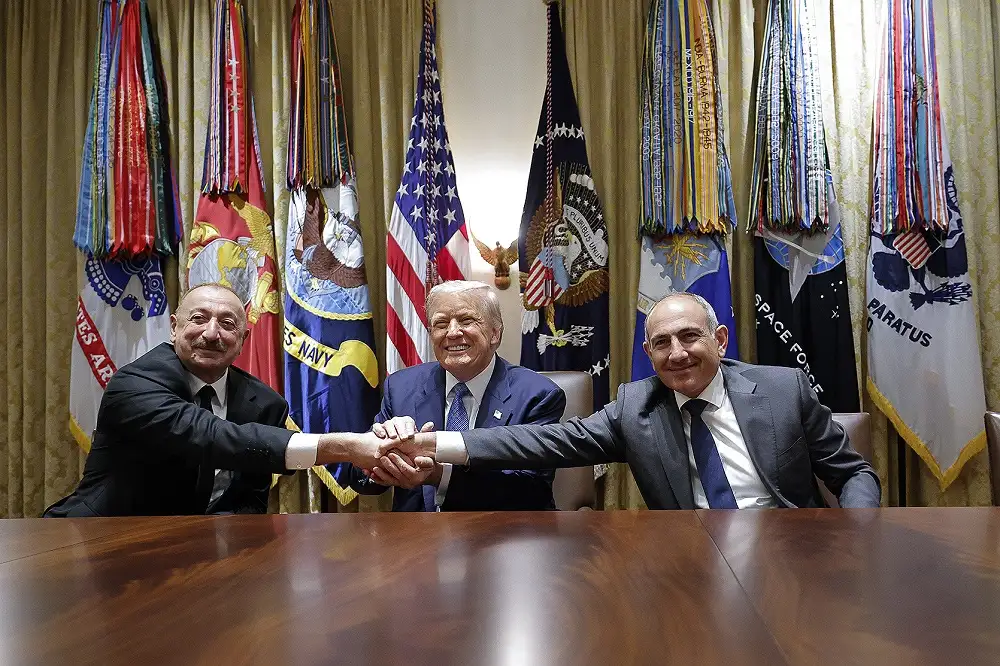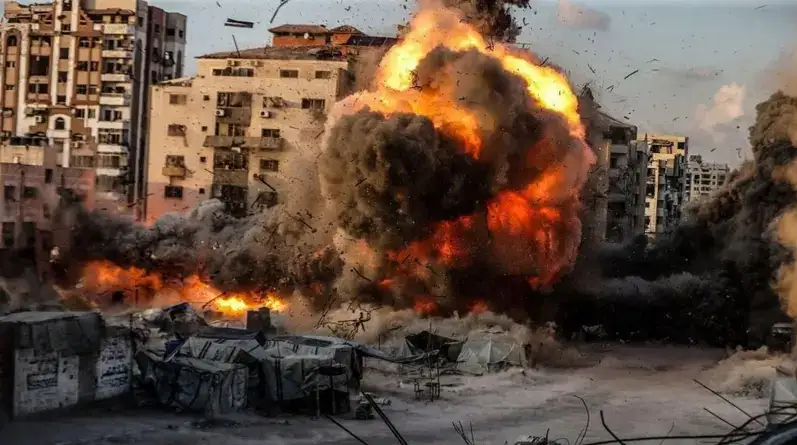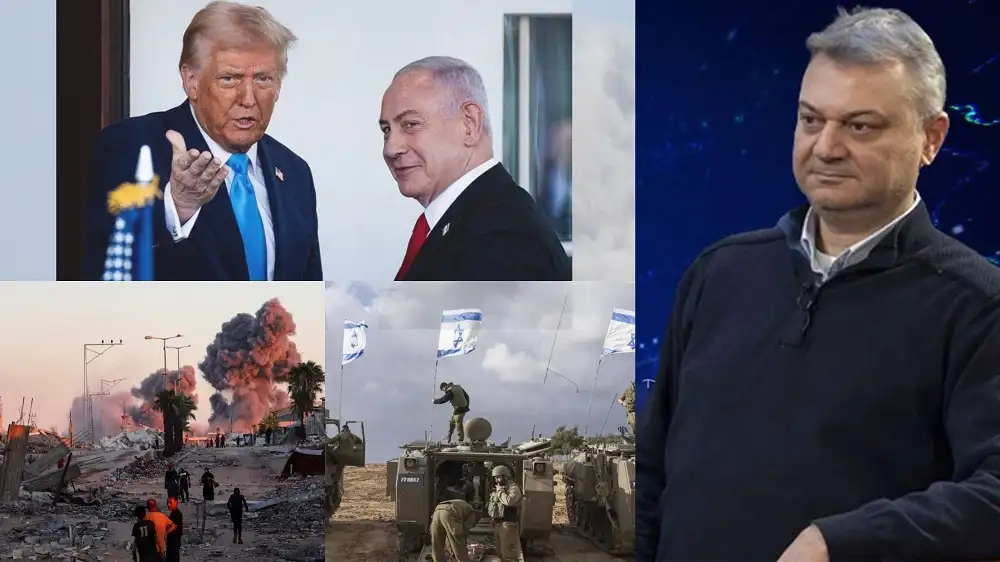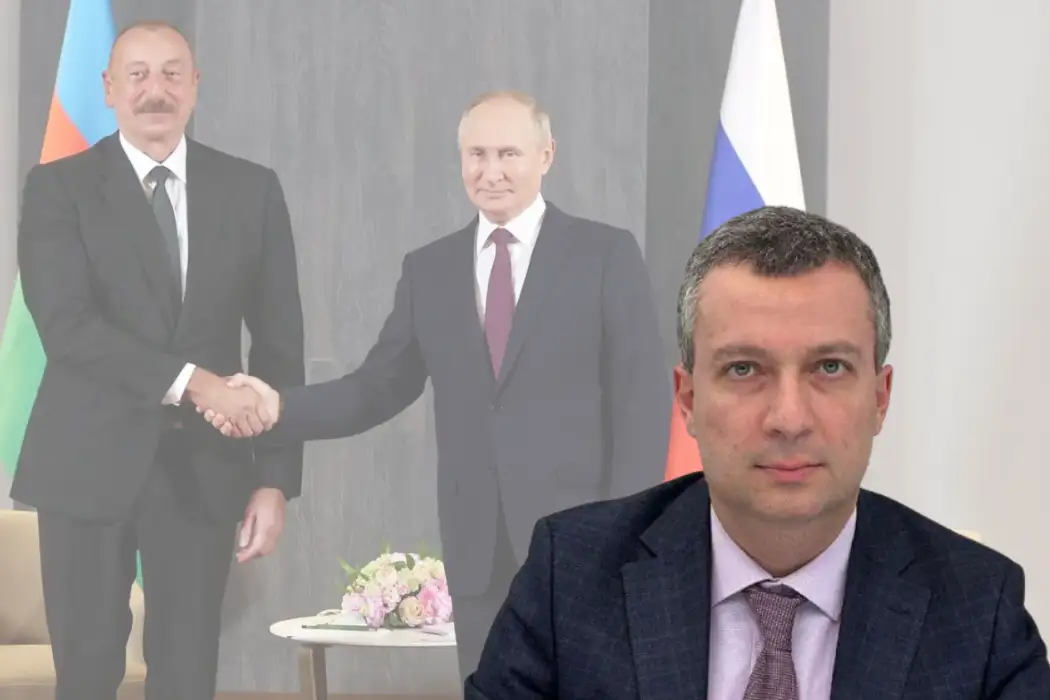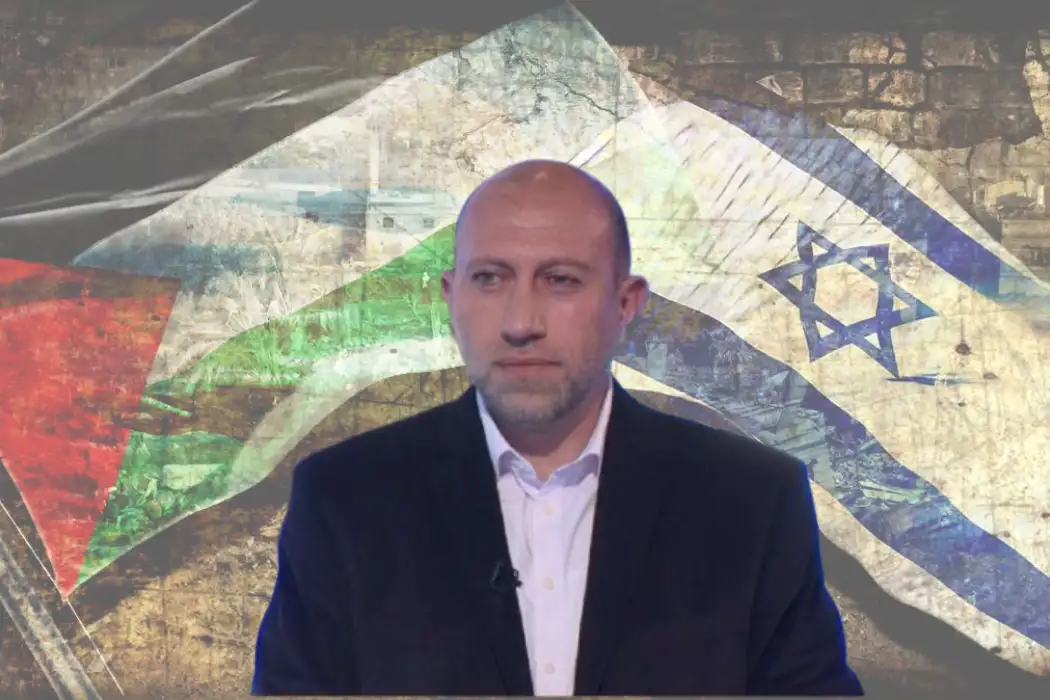On October 2, 2025, at the 7th Summit of the European Political Community in Copenhagen, Armenian Prime Minister Nikol Pashinyan and Azerbaijani President Ilham Aliyev held a regular meeting to discuss the agenda of the peace process. The parties reaffirmed the importance of the agreements reached at the summit in Washington and emphasized the potential benefits of regional transport communication. Special emphasis was placed on the development of the TRIPP project, an infrastructure initiative proposed by the United States.
The formulations of the Armenian and Azerbaijani sides in the official statements about the meeting were almost identical. It is noteworthy that this time, Baku avoided using the phrase "Zangezur Corridor" in the official text, opting for a more neutral and internationally recognized vocabulary that is acceptable to Armenia. However, is the issue here only the choice and use of terms?
The Battlefield of Rhetoric
Within the framework of the Warsaw Security Forum, Armenian Foreign Minister Ararat Mirzoyan gave an interview to the Polish TVP World channel, where he tried to show the broader regional context of the Washington documents. Mirzoyan emphasized that the issue concerns the comprehensive lifting of the blockade of communications, the reopening of transport infrastructure between Armenia and Azerbaijan, and the resumption of transit links. And the principles underlying it are the recognition of territorial integrity, the inviolability of borders, respect for sovereignty, and the preservation of national jurisdiction.
However, the journalist's question, whether it is TRIPP itself, testified to a dangerous trend: Trump's broad-ranging initiative is being narrowed down and placed in the package of one project, TRIPP, which constitutes only one of its components. This has almost the same logic as Baku seeks to present the Washington process, and therefore TRIPP, as an international code or smokescreen for the "Zangezur Corridor".
A provocative question to Pashinyan: Should Yerevan remain only a responder
Against this background, it is no coincidence that the provocative question addressed to the Prime Minister of Armenia by the British delegate to the Parliamentary Assembly of the Council of Europe, a conservative MP, Edward Lee, using the phrase "Zangezur Corridor" and with the hidden intention of involving Pashinyan in the discourse around it. Pashinyan's response was appropriately harsh: he emphasized that no one has the right to determine the names for Armenia's sovereign territory and condemned the use of "illegitimate vocabulary."
This harshness was necessary not only as a counterattack, but also as a warning that Yerevan will not tolerate the spread of the term "Zangezur Corridor" in international relations. This was a clear signal that Yerevan would view such language, regardless of who used it, as an encroachment on its sovereignty.
However, mere reprimands and responses are no longer enough. Suppose Baku continues to use this terminology on international platforms, even after the Washington process. In that case, it may gradually become part of the global vocabulary, form a subconscious perception, and serve to foster international loyalty to Azerbaijan's territorial claims.
It is vital for Armenia that TRIPP is not associated with the phrase "Zangezur Corridor" and does not become a simplistic synonym for it. If Azerbaijan seeks such identification, then Yerevan should strive for the exact opposite: to expand the semantic scope of TRIPP, presenting it as a synonym for a complete regional de-blockade and, in particular, the "Crossroads of Peace" project, which includes the opening of all connections and opportunities in the region, including in terms of connecting the north and south of Armenia through Nakhichevan, both by road and rail, and providing an alternative safe and unhindered route to Armenia-Russia, equivalent to the Azerbaijan-Nakhichevan transport hub. It is impossible to allow this component, which is in Armenia's interests and truly constitutes the political balancing axis of the Washington process, to lose its relevance and continue to focus solely on Armenia's obligation to ensure the Azerbaijan-Nakhichevan connection.
In this sense, Foreign Minister Mirzoyan's detailed explanation to the Polish television channel is the first step. The following steps should be multipolar, focusing on informational and diplomatic approaches.
Such an approach also allows Armenia to exert pressure on Azerbaijan. If Baku attempts to hinder Armenia's transit opportunities on its territory, Yerevan can impose restrictions on Azerbaijani infrastructure on its territory in a completely legitimate and understandable manner.
In diplomacy, words sometimes become borders and bridges. If Yerevan allows words constructed by foreigners to spread, they can draw foreign maps. If it shapes the vocabulary itself, it will pave the path to real peace with those words.
Gor Abrahamyan




